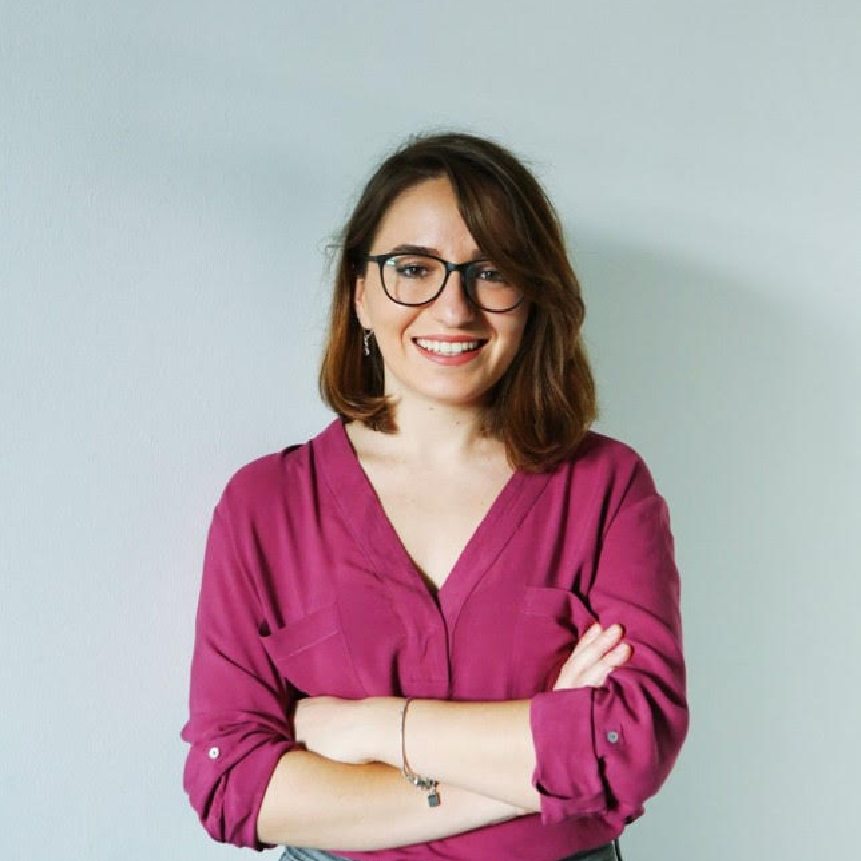I was born and raised in Kosovo. After completing my Master’s, I decided to challenge myself by going to Germany. At first, I thought it would be a one-year stay, but Hamburg has been my city of residence for four years now. This decision has changed many things for me, including the perspective from which I see Kosovo now and the things I would like to change there.
After leaving Kosovo, the first and strongest encounter with a completely new and at first surprising experience was living with a German family, in a city like Hamburg.
As someone who was shaped to understand issues through rigid frameworks — ones that are constrained within the dominant narratives around those issues — living in this new environment became more and more interesting every day. What made me most curious was the way people around me approached discussions. It seemed to me as if everyone was masterfully elaborating different issues and problems. Others’ opinions were respected and people remained open-minded and critical throughout the entire conversation.
I hadn’t encountered such approaches so often when I was living in Kosovo. It might sound like an exaggeration, but even the conversations between children seemed to me to be of better quality compared to some TV debates in our country. The constant encouragement to think critically remains for me the most beautiful and meaningful thing I’ve come across here in Germany.
I would like to see these practices be encouraged more in Kosovo. Rigid ways of thinking and comprehending issues are what I would like to see challenged in Kosovo, ideally as soon as possible.
Some ideas for change
Uncritical thinking and rigid, unexamined ideas still dominate in the educational sphere as well as in state institutions, media and probably even more in our households. We often hear statements without evidence, illogical reasoning and one-sided stances on topics or even doubts towards data and facts that are not in line with our preconceived ideas.
To put it simply, anything that doesn’t match with what we already believe to be true is often considered inaccurate or false. There is no willingness to listen to what the other side has to say, or to seek new knowledge, or even less to accept that what we believed to be true, at times, does not stand. But stubbornly defending our beliefs becomes a measure by which our value in society is assessed, therefore this defensiveness becomes entrenched. In most cases, when a person chooses to think differently, they become victims of social prejudice.
Families should play a role in changing this practice and in encouraging critical thinking from the beginning of a child’s development. In family settings, parents or caregivers should express interest in childrens’ opinions and not ignore or refute them, regardless of their age. In order to think critically, children and young people need to be in trusting and understanding environments.

